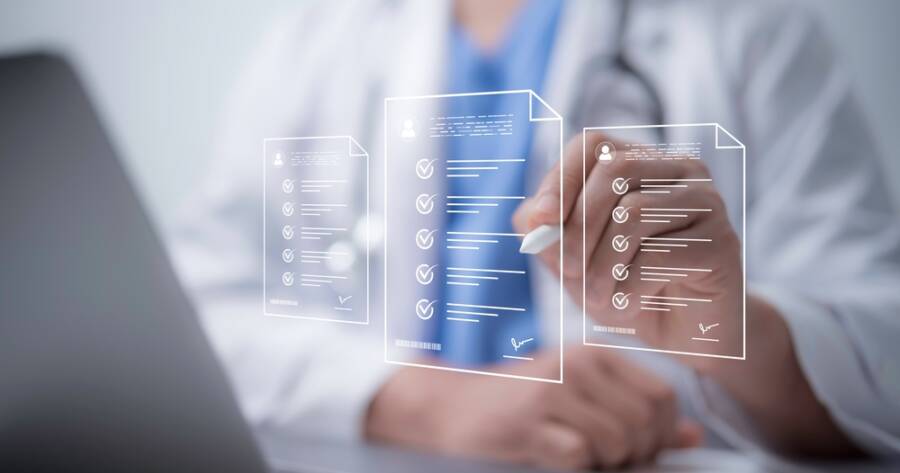Electronic health records platforms are transforming healthcare by integrating vital billing software, optimizing both clinical and financial workflows. Modern systems automate tasks, such as claims processing and insurance verification, reducing administrative burdens and enhancing patient care. This seamless integration is crucial for healthcare providers aiming to improve efficiency, compliance, and financial health in today’s competitive landscape.
Streamlining Healthcare with EHR Platforms
In today’s rapidly evolving healthcare landscape, the integration of electronic health records (EHR) with robust billing software is crucial for optimizing both clinical and financial workflows. Modern EHR platforms are not only streamlining healthcare processes but are also enhancing patient care quality by reducing administrative burdens. The ability of these systems to automate tasks like claims processing, insurance verification, and revenue cycle management makes them indispensable for healthcare providers looking to improve efficiency and compliance in this competitive environment.
The Role of Automation in EHR Software
Automation within EHR platforms significantly boosts operational efficiency by minimizing errors and manual workloads, leading to faster payment cycles and reduced claim denials. Advanced medical billing software employs AI technology, automating tasks from patient registration to payment posting, thus optimizing revenue cycle management and contributing to improved financial health for practices. As a result, healthcare providers can spend more time focusing on patient care, enhancing the overall healthcare delivery experience.
Merging Clinical and Financial Functions
Platforms like NextGen Healthcare and eClinicalWorks seamlessly merge clinical and financial functions through user-friendly, cloud-based solutions. Such integration is pivotal for enhancing billing accuracy and reducing denials.
These software systems offer automated rule suggestions and real-time data insights, helping practices adapt to various specialties and improve financial outcomes. Additionally, features like real-time insurance eligibility checks ensure that practices can verify patient coverage effortlessly before services are rendered.
Considerations When Choosing EHR Software
When selecting an EHR platform, practices must evaluate factors such as budget constraints, integration capabilities, user-friendliness, and compliance with security standards. Ensuring compatibility with existing systems, especially electronic health records, is essential for a smooth transition.
Moreover, factors such as scalability and the ability to grow with the practice must be considered. Checking reviews and verifying security measures are critical steps in choosing an appropriate solution tailored to specific needs.
The Advantages of Cloud-Based Platforms
Cloud-based EHR platforms offer numerous benefits, such as automatic updates and enhanced security, setting them apart from traditional desktop setups. This is particularly advantageous for practices without in-house IT support, as cloud solutions ensure seamless operation and security. By enabling remote access, cloud-based platforms make it easier for practitioners to manage their operations from anywhere, enhancing flexibility while maintaining compliance with healthcare regulations.
Enhancing Patient Experience
Integrating EHR and billing functionalities simplifies scheduling, communication, and check-in processes, significantly enhancing the patient experience. Platforms like Tebra offer comprehensive systems that facilitate faster charting and documentation processes, allowing healthcare professionals to provide efficient patient care. By streamlining these workflows, patients enjoy a more straightforward appointment management process, improving satisfaction and engagement while also ensuring their information is securely handled.
The Future of EHR Software
Looking ahead, advancements in medical billing automation are poised to further transform EHR systems. Future developments will likely focus on enhanced predictive analytics, improved integration with healthcare IT systems, and patient-centric billing solutions. Such innovations are expected to continue reducing coding errors, optimizing patient care delivery, and enhancing the financial performance of healthcare practices.
Why You Should Learn More About EHR Software Today
With healthcare becoming increasingly complex, understanding the functionalities of EHR software platforms designed to streamline clinical and billing workflows is essential for healthcare providers. These systems are instrumental in enhancing operational efficiency, reducing administrative burdens, and improving both financial and clinical outcomes. As technology advances, staying informed about the latest in EHR software will ensure healthcare providers remain competitive and can adapt to ongoing changes in the healthcare landscape.
Sources
Improving Efficiency with Medical Billing Platforms
Key Features of Medical Billing Software
